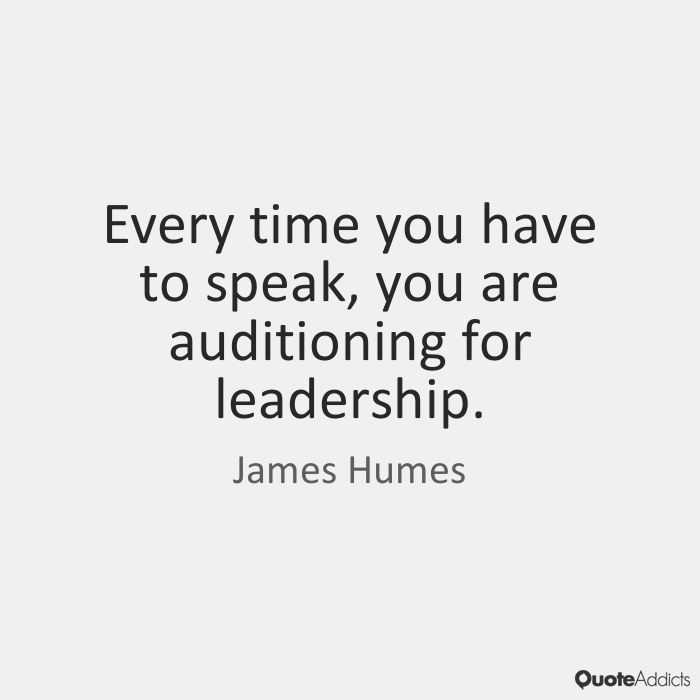
Welcome to the English Public Speaking Course!
 Please preview the words before watching the video.
Please preview the words before watching the video.
1. Authentic [ɔː'θentɪk] adj. 正宗的,原汁原味的 done or made in the traditional or original way
2. Thought‐provoking adj. 发人深思的
3. Performer n. 表演者;演奏者;演员 an actor, musician etc who performs to entertain people
4. Inform vt. 通知;告诉;报告
give them information
5. Motivate ['məʊtɪveɪt] v. 刺激;使有动机;激发…的积极性 to make someone want to achieve something and make them willing to work hard in order to do this
6. Inspire [ɪn'spaɪə] vt. 激发;鼓舞;启示;产生;使生灵感 to encourage someone by making them feel confident and eager to do something
7. Definitely ['defɪnɪtlɪ] adv. 清楚地,当然;明确地,肯定地 without any doubt
8. Socrates ['sɔkrəti:z] n. 苏格拉底(古希腊哲学家)
9. George Washington乔治·华盛顿(美国第一位总统)
10. Adolf Hitler阿道夫•希特勒(纳粹德国元首)
11. John F. Kennedy n. 约翰·肯尼迪 (美国第35任总统)
12. Martin Luther King Jr. 马丁·路德·金(美国黑人运动领袖)
13. Winston Churchill温斯顿·丘吉尔(英国政治家及作家)
14. Abraham Lincoln亚伯拉罕·林肯(第十六任美国总统)
15. Steve Jobs史蒂夫·乔布斯(美国苹果公司联合创办人及前行政总裁)
16. Barack Obama巴拉克·奥巴马(第四十四、四十五任美国总统)
17. Preliminary [prɪ'lɪmɪn(ə)rɪ] adj. 初步的;开始的;预备的 happening before something that is more important, often in order to prepare for it
18. Basic Principles基本原则
19. Significance [sɪg'nɪfɪk(ə)ns] n. 意义;重要性;意思 The significance of something is the importance that it has, usually because it will have an effect on a situation or shows something about a situation.
20. stage fright 怯场 nervousness felt by someone who is going to perform in front of a lot of people
21. adapt to使自己适应于…
22. from scratch白手起家;从头做起
23. nonverbal skills非言语手段/技巧
24. body language身体语言 changes in your body position and movements that show what you are feeling or thinking
25. visual aids视觉教具;直观教具
Visual aids are things that you can look at, such as a film, model, map, or slides, to help you understand something or to remember information.
 Please watch the video.
Please watch the video.



